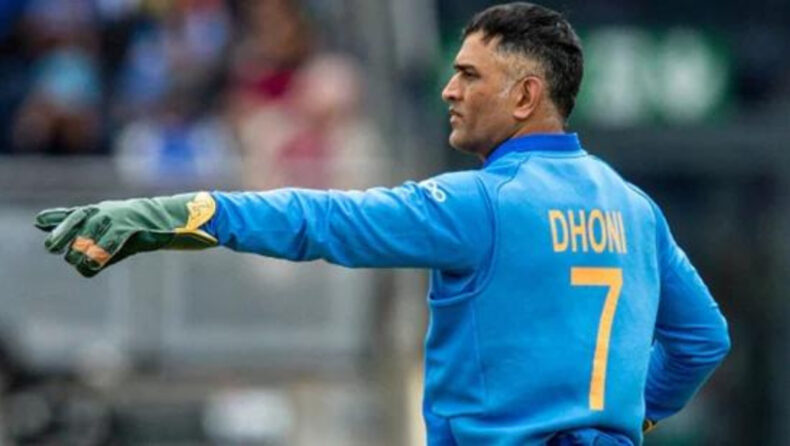Mahendra Singh Dhoni has played the captaincy role with great commitment. He continues to be Chennai Super Kings’ top on-field tactician and parent confessor in his 250th IPL match, the final this week. His understanding of the game matched his understanding of his players. He knew when to move the square leg fielder to his left and when to ignore or challenge a player.
Dhoni’s age and experience, 41 and 538 international matches were easy to appreciate. Respecting his approach required a mindset that regarded sports as vital but not life and death. You committed blunders, missed receptions, and ran partners out – these things happen.
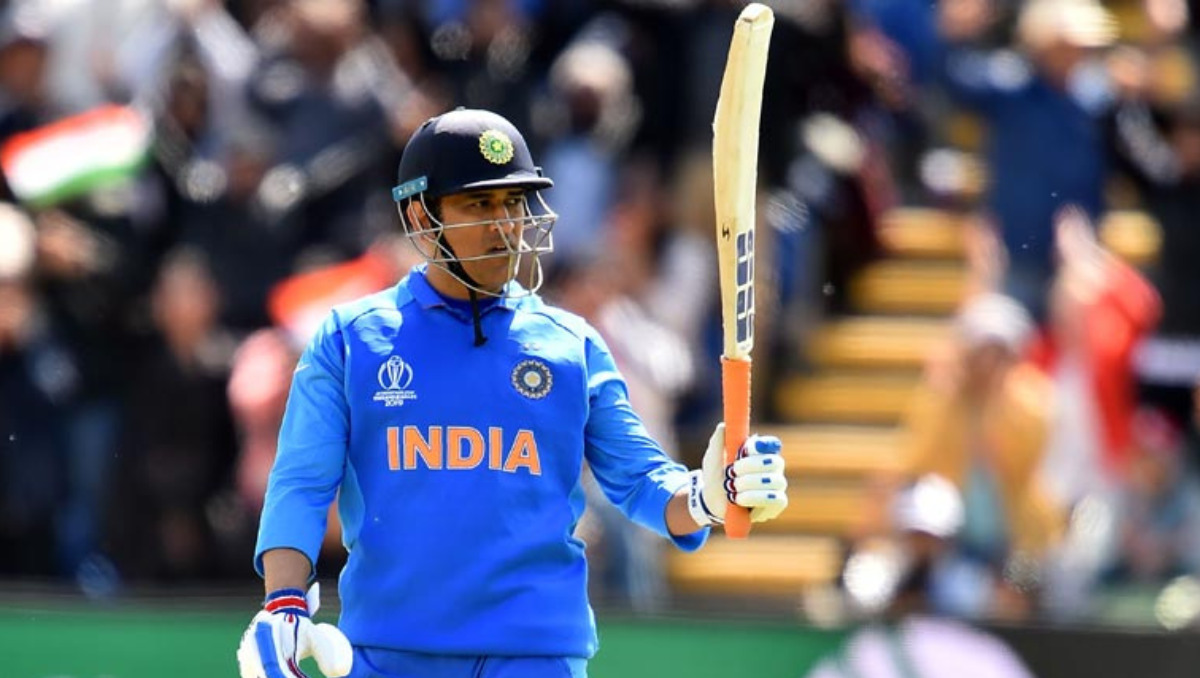
Nevertheless, if it was done carelessly, the captain might have something to say about it. Otherwise, he was content to move on. In these conditions, when Dhoni moved on, so did the team.
MS Dhoni
Mahendra Singh Dhoni is a former Indian international cricketer and one of the most successful captains in Indian cricket history. He was born on July 7, 1981, and is well-known for his calm and serene demeanor on the pitch, superb wicket-keeping abilities, and explosive batting style.
He was noted for his ability to win matches and for his helicopter shot, a characteristic stroke in which he generated enormous force by flicking the ball with a peculiar whip-like motion. Mahi’s ability to manage pressure circumstances and lead his team to win made him one of the sport’s most dependable finishers.
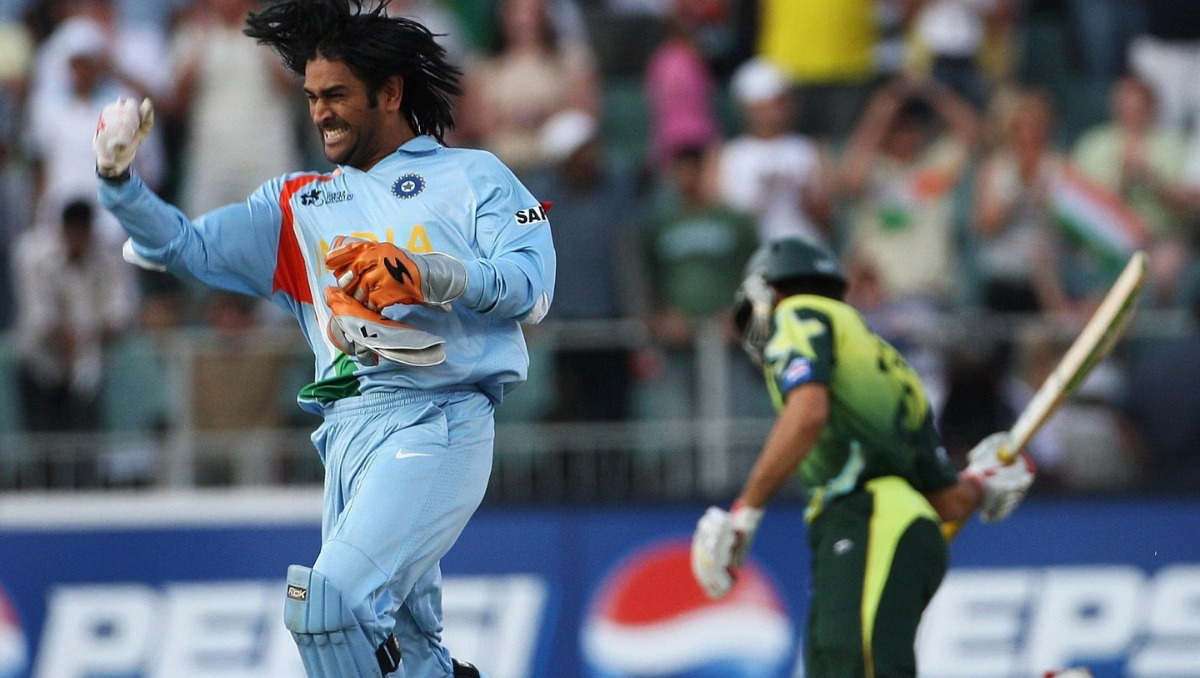
Dhoni made his international debut in 2004 and soon established himself as a dependable middle-order batsman as well as a capable wicketkeeper.
Dhoni stepped down from Test captaincy in 2014, limited-overs captaincy in 2017, and international cricket in 2020. Despite his retirement, his legacy as a renowned cricketer and skipper continues to inspire young players all around the world.
Dhoni is also active in several business activities outside of cricket and is recognized for his humble and down-to-earth nature. He is still a beloved figure in the cricketing fraternity, with a big fan base in India and around the world.
Captaincy
Dhoni’s nomination as captain of the Indian cricket team in 2007 represented a watershed moment in his career. India achieved numerous goals and had outstanding achievements under Dhoni’s captaincy. He captained the team that won the 2007 ICC World Twenty20, the Asia Cups in 2010 and 2016, the 2011 ICC Cricket World Cup, and the 2013 ICC Champions Trophy. His tactical brilliance, ability to remain calm under pressure, and imaginative plans won him a reputation as one of the best leaders in cricket history.
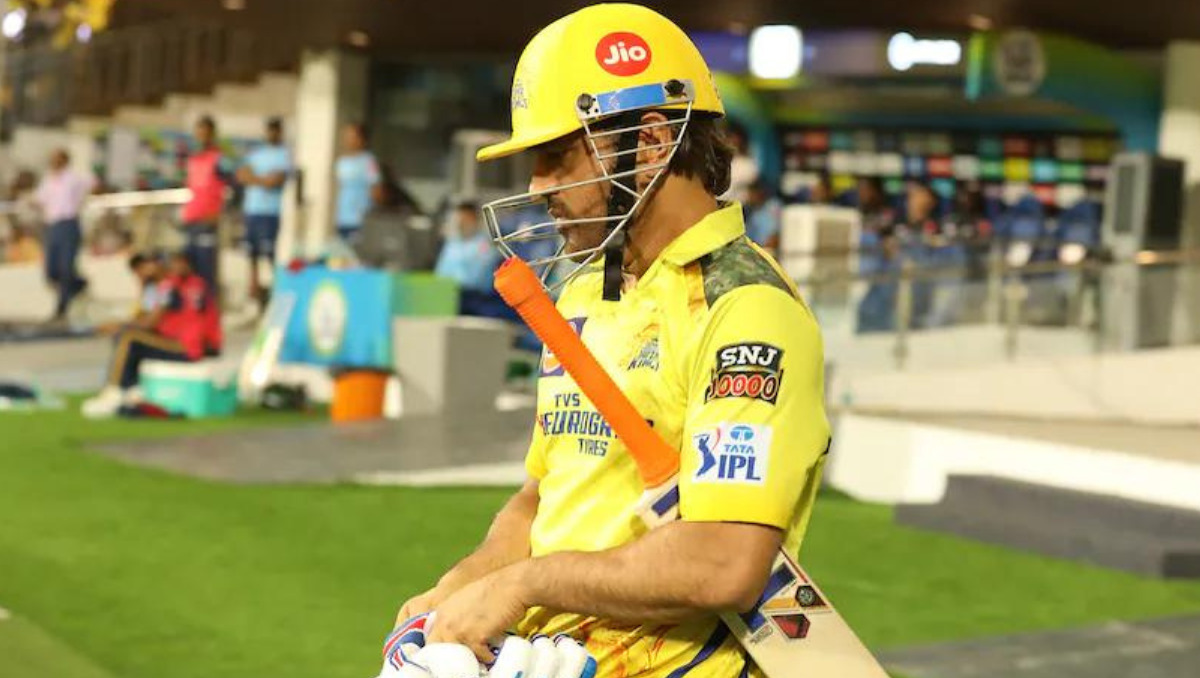
Dhoni’s unusual decision-making and leadership approach made him a game-changer in limited-overs cricket, notably in the Twenty20 format. He transformed the captain’s job by implementing new ideas including moving himself up the batting order and using spinners during powerplay overs.
IPL
Dhoni was 28 when he first led CSK to the title. The IPL was in its third year. After the age of 35, Dhoni has already led his team to three titles. T20 may be a young man’s game, but having an elder captain, someone the team looks up to and plays for benefits the game. “Let’s do it for the captain,” is a good team policy that exemplifies the much-touted attribute of teamwork. A good captain can turn a losing team into a winning one by treating his players with respect and decency and sending the message that he is on their side.
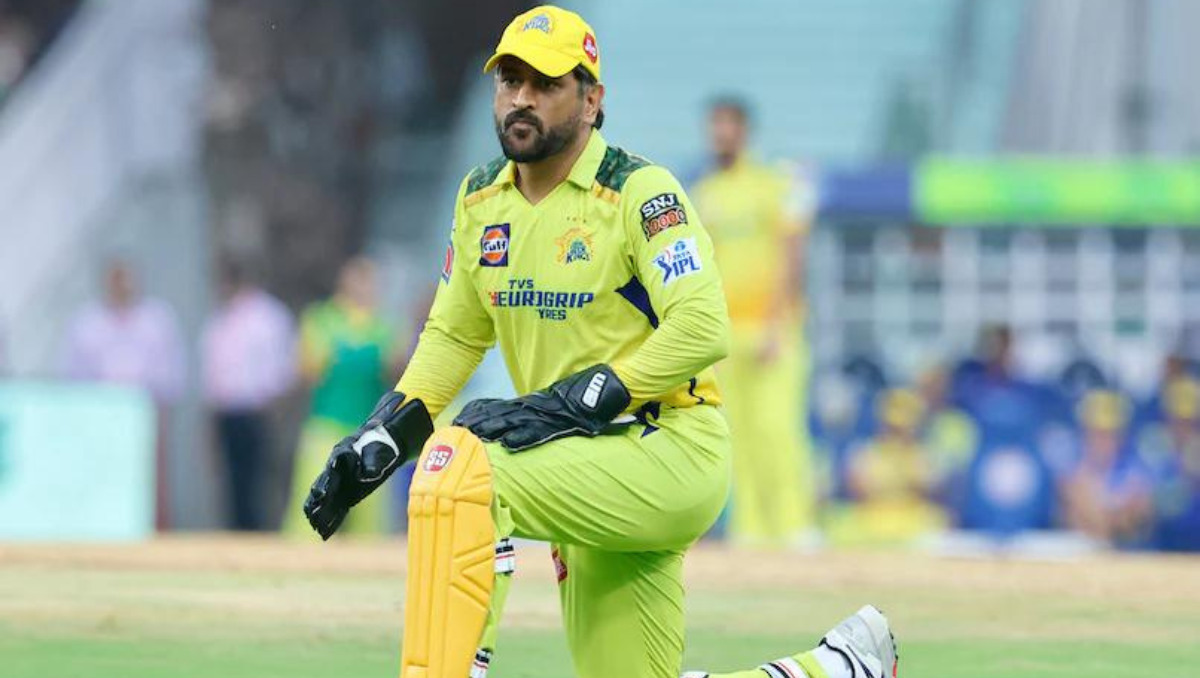
A strong captain strives to make himself obsolete over time since he has established the team philosophy and players understand their roles. It would be intriguing to watch if Dhoni returns to the IPL next year, and if not, who will take his place as captain.







